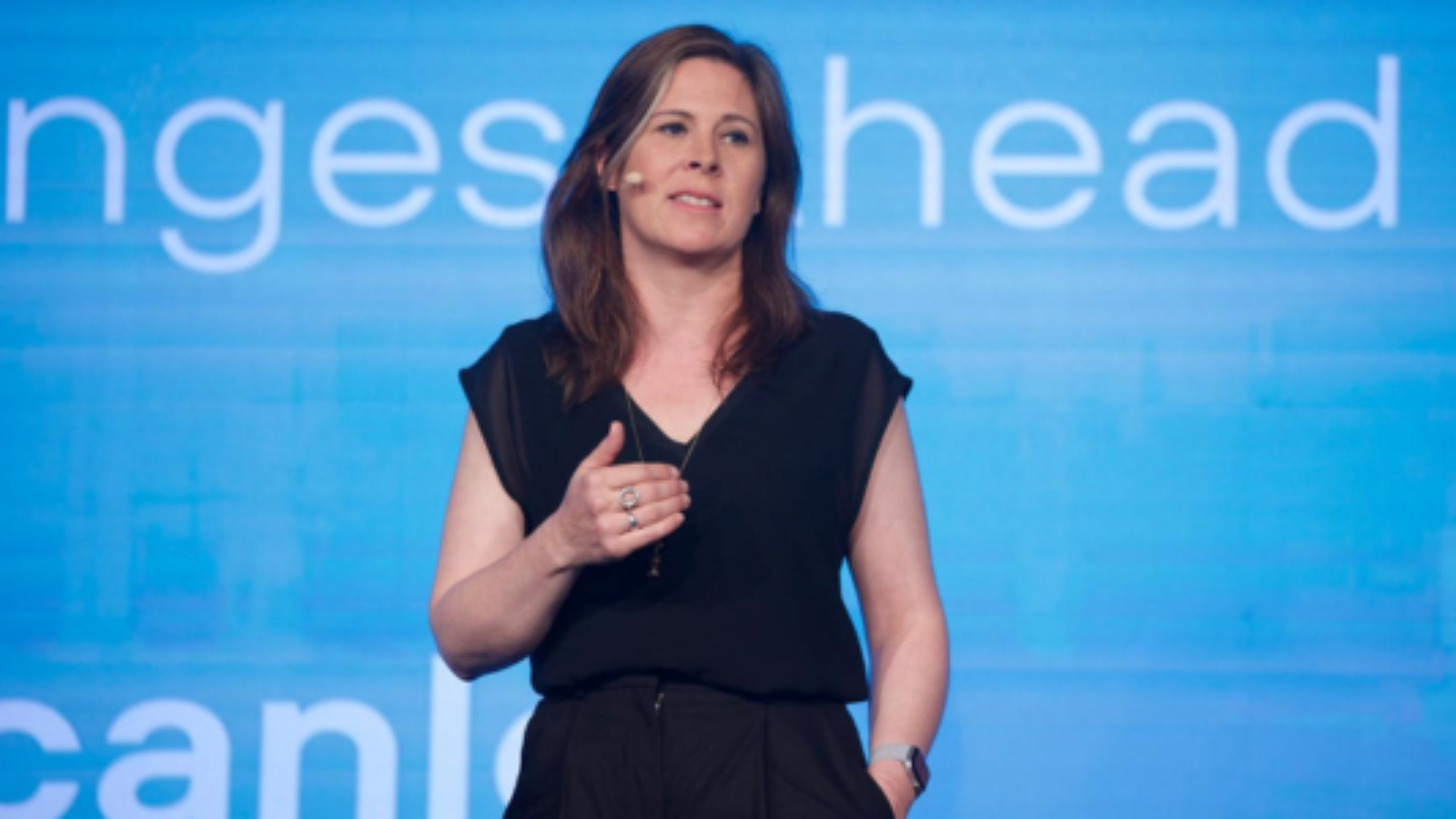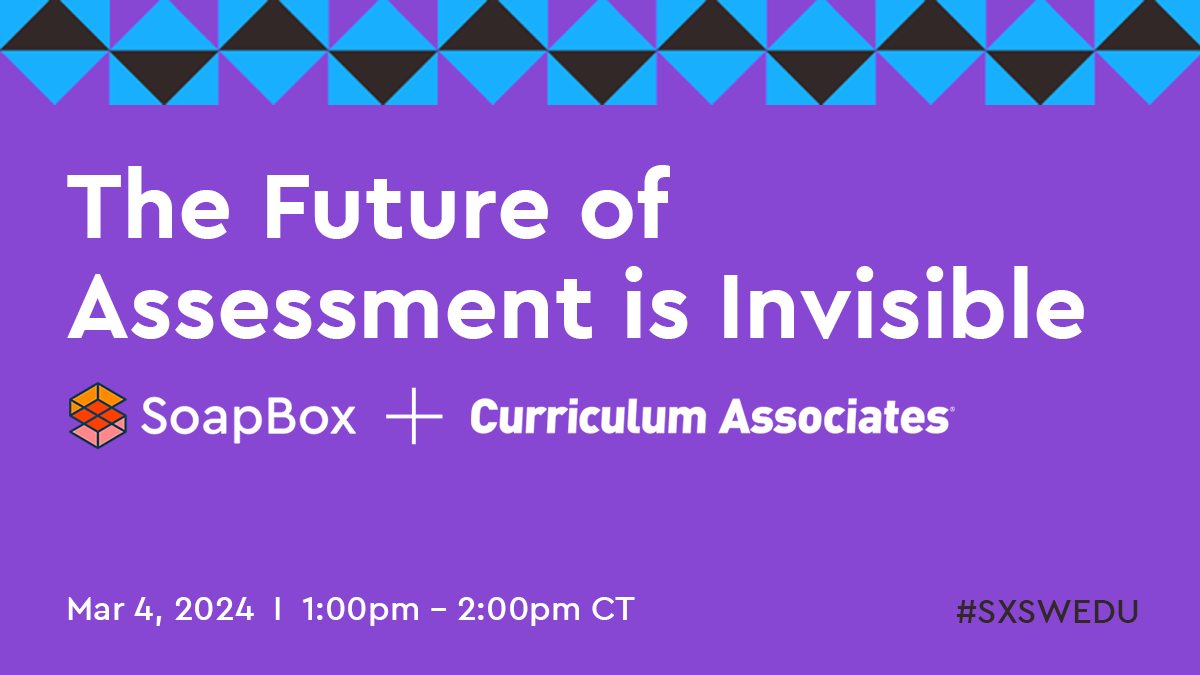Keynote on AI at Dublin Tech Summit
June 7, 2023

Last week at the Dublin Tech Summit, Dr. Patricia Scanlon, SoapBox’s Founder and Ireland’s first government-appointed AI Ambassador, closed her keynote address — “Embracing AI: The Opportunities and Challenges Ahead” — by quoting a conversation she’d had with her 10-year-old son. Asked what he thought about the future of AI, he had replied: “AI is a very powerful technology. It can do great good for humanity. But if it’s used incorrectly, it could be really dangerous.”
Dr. Scanlon’s keynote at the Summit was attended by technology professionals of all backgrounds and experience. At the top of her talk, Patricia took the audience on a journey to explain the difference between Narrow, Generative, and Foundation AI, and AGI (Artificial General Intelligence). AI is fast becoming the most influential topic of our time, she explained, and continued:
Regardless of our individual backgrounds, professions, or perspectives, AI will have such a pervasive influence on our lives going forward that it’s incumbent on all of us to understand the opportunities it presents, while at the same time recognizing and managing its risks.
In her keynote, Patricia talked about the challenges and opportunities of AI in the fields of education, healthcare, and climate, noting that one big challenge with AI is bias, both algorithmic and societal. Algorithmic bias, also known as data bias, is when algorithms are trained on biased data. Societal AI bias occurs when a person’s beliefs influence the data an AI system is trained on. And as she explained:
One of the major risks associated with AI is the scale at which it can operate. When errors or biases are present in an AI model, they can be magnified and perpetuated on a large scale.
Mitigating bias is especially important in educational settings, Dr. Scanlon explained, where AI-powered learning and assessment tools can directly impact how well children learn. If an AI model inadvertently performs less well for one demographic of children over another, because of the disparities in the data used to train it, children’s educational experiences suffer. If built and trained correctly, however, she explained, AI has the potential to be more objective than humans and to be transformative in how it empowers children — and their teachers — on their learning journeys.
AI is transforming education by providing personalized learning experiences, identifying gaps in learning, and adapting to students’ individual needs. This technology can democratize education, she explained, making high-quality learning opportunities accessible to all, irrespective of their geographical location, age, race, or socioeconomic status.
Patricia also discussed the importance of regulation in ensuring the responsible development and deployment of AI. Even in heavily regulated industries, she said, AI can thrive:
Regulation can build good technology and a solid foundation for everybody. It isn’t going to cause problems in the future.
As we continue to develop and employ AI, Patricia said, we must strive to ensure it serves as a tool of objectivity and fairness:
With ongoing commitment, vigilance, and transparency, we can shape AI into a force for good that benefits all of society.
Read more highlights from Patricia’s Dublin Tech Summit keynote in Startups Magazine. To learn about the important role voice technology can play in a child’s literacy journey, watch her TEDx Talk below. Also, check out these blogs on mitigating bias in AI:
- Equity in AI: A conversation with The EdTech Equity Project
- SoapBox earns Digital Promise equity certification




